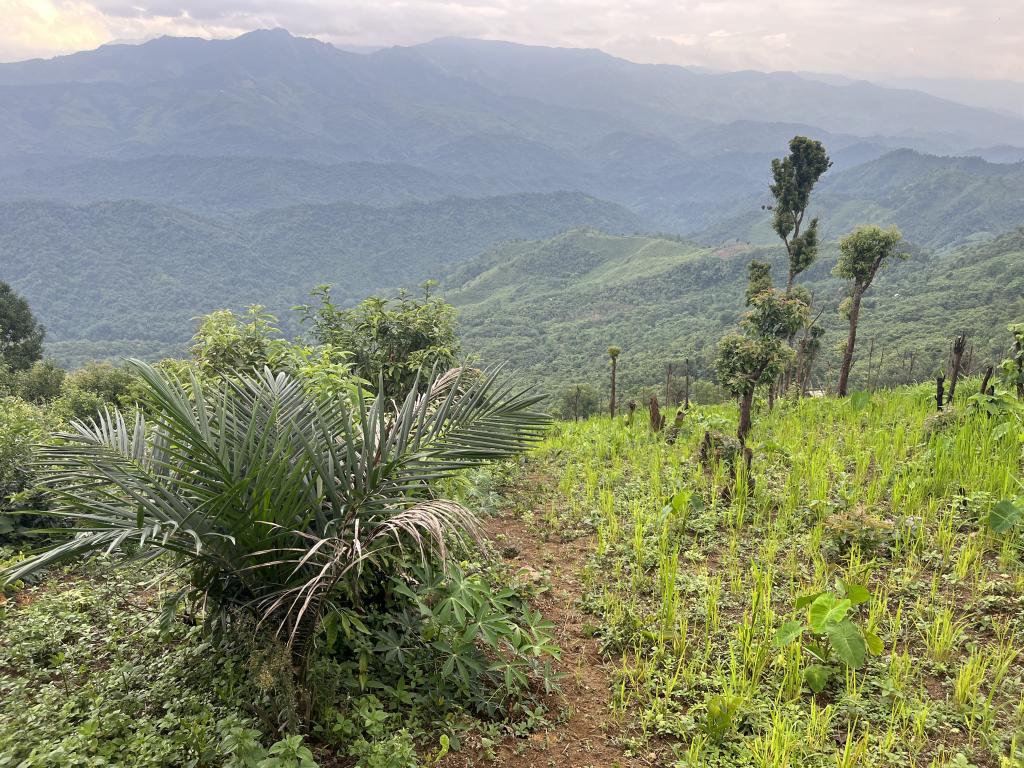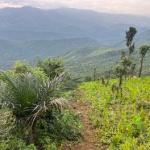Speakers
- Ana María Suárez, FIAN International
- Ivo Mulder, United Nations Environment Program
- Ana Paula Souza, UN Office of the High Commissioner for Human Rights
- Laura Gutierrez Escobar, Pontificia Universidad Javeriana
- Nathalia Hernández-Vidal, University of Oregon
- Shaila Seshia Galvin, Moderator, Geneva Graduate Institute
Nature-based climate solutions, like agriculture, forestry, and land use, have gained prominence in climate mitigation strategies as they aim to create low-carbon landscapes in rural areas. The expansion of voluntary carbon markets, as well as the development of compliance markets, is expected to further boost interest in these initiatives. Accompanying this interest, investment in natural climate solutions is said to offer triple-win outcomes for society, environment, and economy. But, recent research points to the need to more thoroughly consider the effects and impacts of counting carbon. For instance, a number of studies have questioned the environmental integrity of these types of mechanisms and their efficacy in realizing social and governance principles. Scholars, investigative journalists, and civil society organizations have also highlighted a lack of integrity, transparency, as well as inadequate human rights and environmental safeguards in the implementation of some mitigation projects associated with carbon markets. Mindful of the complexities that come with the design and implementation of these initiatives, this panel draws together researchers and experts in human rights, environmental conservation, and sustainable trade and finance. The panel will address and debate the issues that natural climate solutions present for achieving social and environmental goals and justice.

Photo Credit to John Paulraj




